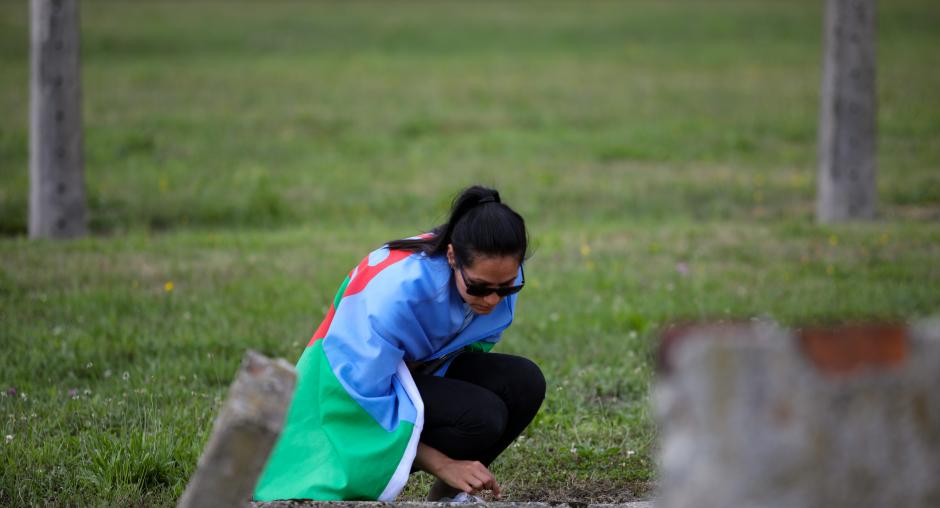Remembering the Roma genocide goes beyond commemoration to fight today’s intolerance, OSCE human rights head says

WARSAW, 2 August 2022 – Governments need to go beyond their responsibility to remember the Roma and Sinti genocide of 1944 to ensure that school curricula and other educational initiatives engage with young people to discuss the potentially dangerous consequences of racist ideologies, the OSCE Office for Democratic Institutions and Human Rights (ODIHR) said on today’s Roma Genocide Remembrance Day.
“It is unacceptable that Roma and Sinti communities are continuing to suffer so desperately from intolerance, systemic racism and discrimination wherever they live,” said ODIHR Director Matteo Mecacci. “Learning the essential lessons from the history of the Roma genocide means to redouble our efforts to combat prejudice, bias, and racism against Roma and Sinti in the here and now.”
2 August marks the anniversary of the massacre of 4,300 Sinti and Roma in Auschwitz-Birkenau in 1944. ODIHR continues to support countries across the OSCE in preserving the memory of the Roma and Sinti who lost their lives during the Second World War and in helping to ensure that this history is included in school curricula and public initiatives that raise awareness of the fatal consequences of racist ideologies based on intolerance and hatred.
ODIHR also seeks to stress the positive developments that take place across the OSCE region in the protection and promotion of Roma rights. One such development this year is the decision by the Czech authorities to demolish a pig farm built on the site of a Nazi-era concentration camp for Roma and turn it into a remembrance site, a move that Roma communities and activists have advocated for many years.
The joint Roma Genocide website set up by ODIHR and the Council of Europe is a source of knowledge and information for governments, public institutions, universities, schools, and civil society. ODIHR also cooperates with organizations including the International Holocaust Remembrance Alliance (IHRA) to help ensure greater effectiveness in strengthening Holocaust education, remembrance and research worldwide.
OSCE countries recognized more than three decades ago that “effective human rights education contributes to combating intolerance, religious, racial and ethnic prejudice and hatred, including against Roma” (Moscow 1991), and gave ODIHR responsibility for supporting national authorities in combating “acts of discrimination and violence against Roma and Sinti” (Athens 2009).
